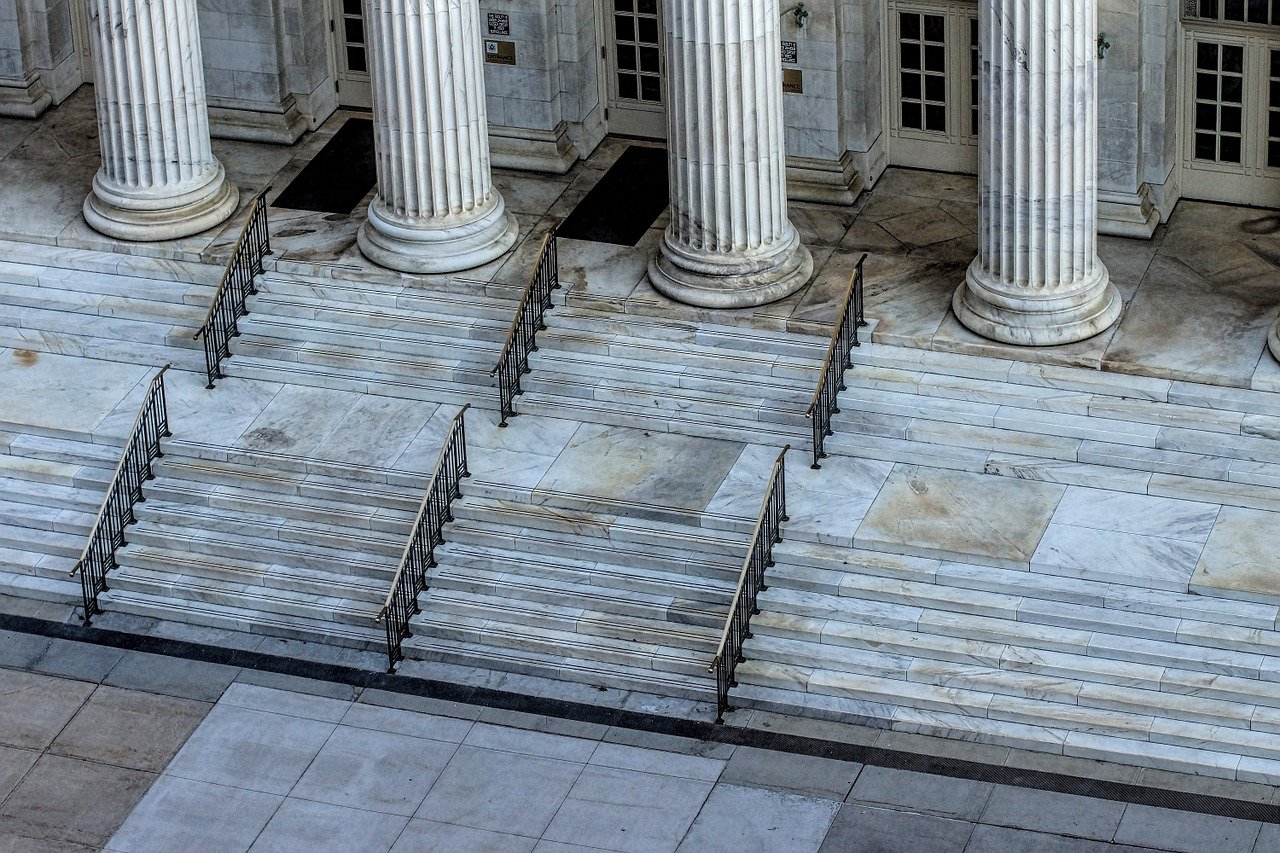Why Might a Premises Liability Claim Have to Go to Court?

Most personal injury claims, including those involving premises liability, are settled. As long as the case will likely hold up in court, the responsible party is usually inclined to negotiate. Going to trial comes with all kinds of challenges, after all, and costs both the plaintiff and defendant a considerable amount of time and money.
There are some scenarios, however, in which arriving at a satisfactory settlement proves impossible. As such, a small percentage of premises liability claims do end up in court.
Read on to learn which circumstances most often force an injured party to file a formal lawsuit:
1. The Evidence Is Not Clear & Convincing
If the insurance adjuster isn’t actually convinced of liability or damages after reviewing the evidence the claimant presents, they’re not going to be incentivized to settle. As such, the claimant may have no choice but to take the opposing party to court in order to seek the compensation they deserve.
2. The Damages Are Excessive
Insurers have an obligation to reimburse those who file legitimate claims. Despite their duty to act in good faith, however, their primary concern is protecting their bottom line. That means they’re not going to hand out seven- or even six-figure payouts without putting up a considerable fight.
In other words, if you suffered significant losses, there’s a high likelihood your case will end up going to trial. Unless a judge orders the carrier to give you a hefty payout that covers all the damages, they probably won’t be inclined to do so of their own accord.
3. There Is a Liability Dispute
Disputing the policyholder’s liability is a common tactic insurers use to deny third-party claims. If there’s even a chance someone else—or no one at all—was to blame for the accident, the case is much more likely to go to court.
How Long Do I Have to Take My Claim to Court?
If the insurance adjuster is uncooperative and it becomes clear you’re not going to be able to negotiate for a fair settlement, it’s important to act fast. Every state has strict filing deadlines for personal injury actions.
In Florida, for example, the typical statute of limitations is four years. That means most parties have four years from the date on which they were hurt to commence their court proceedings. As there are various exceptions to this deadline, though, you should call a lawyer right away. Depending on the circumstances, you may have to get the suit underway much sooner.
Speak with a Florida Premises Liability Attorney
It’s natural to feel overwhelmed at the thought of building a personal injury claim after getting hurt on someone else’s property. With the right legal team, though, you don’t have to worry about a thing. Instead, you can focus on your recovery.
For help with every aspect of your claim, turn to Emerson Straw. We have won more than $27 million for our clients. To set up a free case review with a premises liability lawyer in Florida, call (727) 821-1500 or complete our Online Contact Form.
